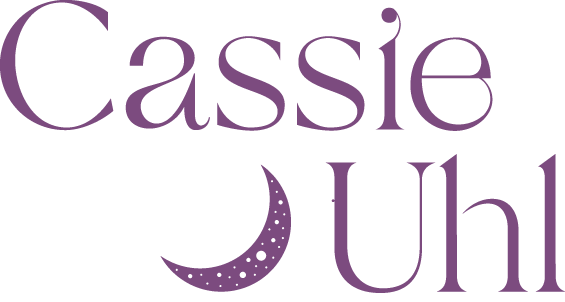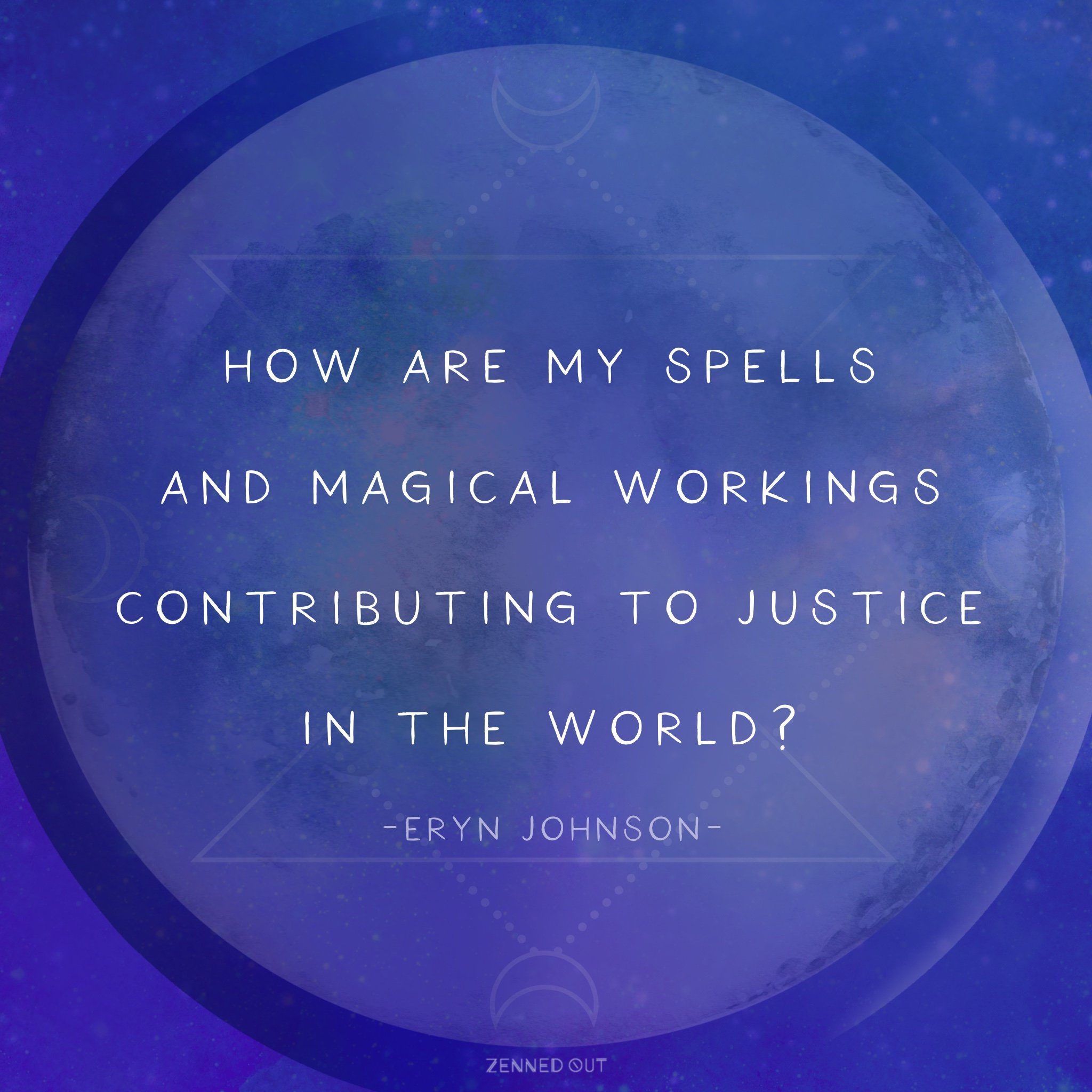Spellwork and Witchcraft Ethics
When we understand how powerful witchcraft and spellwork can be, we know that there is as much potentiality for causing harm as there is for healing.
I don’t believe that ethics in this area (or any, really) are black and white or something that can be written in a post and passed right along to you. I think ethics are both nuanced and personal.
So in this blog, I’ll be sharing a bit of my own thoughts about spellwork and witchcraft ethics, and offering some different areas of reflection for your own spellwork and witchcraft ethics.
CULTURAL APPROPRIATION + CONSUMPTION
Ijeoma Oluo, author of So You Want to Talk About Race, wrote for Medium, “Cultural appropriation is the misuse of a group’s art and culture by someone with the power to redefine that art and, in the process, divorce it from the people who originally created it.”
Cultural appropriation is rampant in the spirituality, new age, and witchcraft communities. Sacred indigenous plants are bought and sold by white folks, indigenous knowledge is whitewashed, repackaged and sold, and practices are stolen from cultures of color.
The impacts of cultural appropriation are not just personal, they widely function to continue to funnel power towards white folks and away from Black folks, Indigenous folks, and other people of color.
I also personally feel that working with tools and practices from our own ancestry are always going to be more powerful than working with tools and practices that are not from our own ancestry!
Some reflection questions for your own practice around cultural appropriation:
What tools are you using in your magical practice, and where do they come from? If they are from cultures other than your own, how are you giving back, uplifting and supporting those cultures and peoples?
Are they sourced in ways that feel good to you and aligned with your values (for example: are your crystals mined by children? Are trees being chopped down for your Palo Santo?)?
What are the lineages of the practices you use? If you don’t know, do some research.
How were your ancestors practicing witchcraft and magic? What are their traditions? What tools were they using? What were there beliefs? (These are big questions and incredibly important ones, especially for white folks to be asking. It can be hard to find information when much of European folk magic traditions were stolen by Christianity when the religion swept over the continent, but it’s out there. To start ancestral research, I recommend checking out Sanyu Estelle’s Ancestral Altars: Europa Edition recorded class as well as Megan McGuire’s work. Cassie also loves Elen Sentier’s work on British Shamanism.)
CAUSING HARM WITH MAGICK
Just as we can do spellwork to attract love and abundance, we can also practice curses, hexes, and other kinds of spellwork to manipulate and cause harm to others.
It would be easy for me to tell you here: never use curses or hexes, never practice magic that causes harm. There are Wiccan creeds around this that you may be familiar with, the Threefold Law and the Wiccan Rede.
The Threefold Law states that whatever energy you put out will come back to you times three. The Wiccan Rede states “An it harm none, do what ye will.” There are different ways to interpret the Wiccan Rede, but most agree that it means as long as your workings harm no one, do what you feel called to.
I tend to agree with these ideas personally, but it’s not so black and white. Some magical traditions in Black culture, like Hoodoo, have no such rules and use cursing and crossing in alignment with their own ethics. I think it’s important to stay in my own lane when it comes to passing blanket statements about what it is and isn’t okay to do with magic, when there are deeply rooted traditions that incorporate some of these practices.
We can expand this out and ask, too — is it truly unethical to curse or hex a person who does evil in the world at a large scale?
I don’t have answers for you, but I invite you to reflect on these questions. What settles in your body and heart when it comes to causing harm with magick?
JUSTICE
This brings me to justice. Witchcraft is intrinsically linked to justice and is inherently political, no question about it.
I invite you to ask yourself: how are my spells and magical workings contributing to justice in the world? Or are they functioning to amplify privilege and get only myself ahead?
One of my favorite practices around this was shared by Amanda Yates Garcia, the Oracle of LA. She invites us to send out any spell we do for ourselves for the collective, too. For example, a spell to attract money would also include something like, “as it is for me, as it is for all,” to ask the spell to attract money for all of us. A spell for a new home for yourself might include housing justice for all. A spell for a lover for yourself might include safe and healthy relationships for all. And so on!
CONSENT
One of the key principles in energy work is always getting consent. Energy work has real impacts, and people deserve the opportunity to be able to opt-in to receive it.
For me, this is true regardless of our best intentions - even if we want to send healing to someone we don’t know (who can’t consent) because we think it would really help them.
What is true for you? Ask yourself: what are my consent boundaries with others when it comes to energy?
As you can see, ethics is a murky field but an important one to consider for any witch! My advice is: Work from your own value system. If you’re not clear on what your values are, start there. Let your witchcraft practice reflect your ethos, and know that we all have different values & ideas of what is right or wrong.
At the end of the day, we all have to be able to sleep at night from a place of knowing the truth, not from ignorance of the impacts of our actions. What do you need to change or lean into in your practice to make that so?




